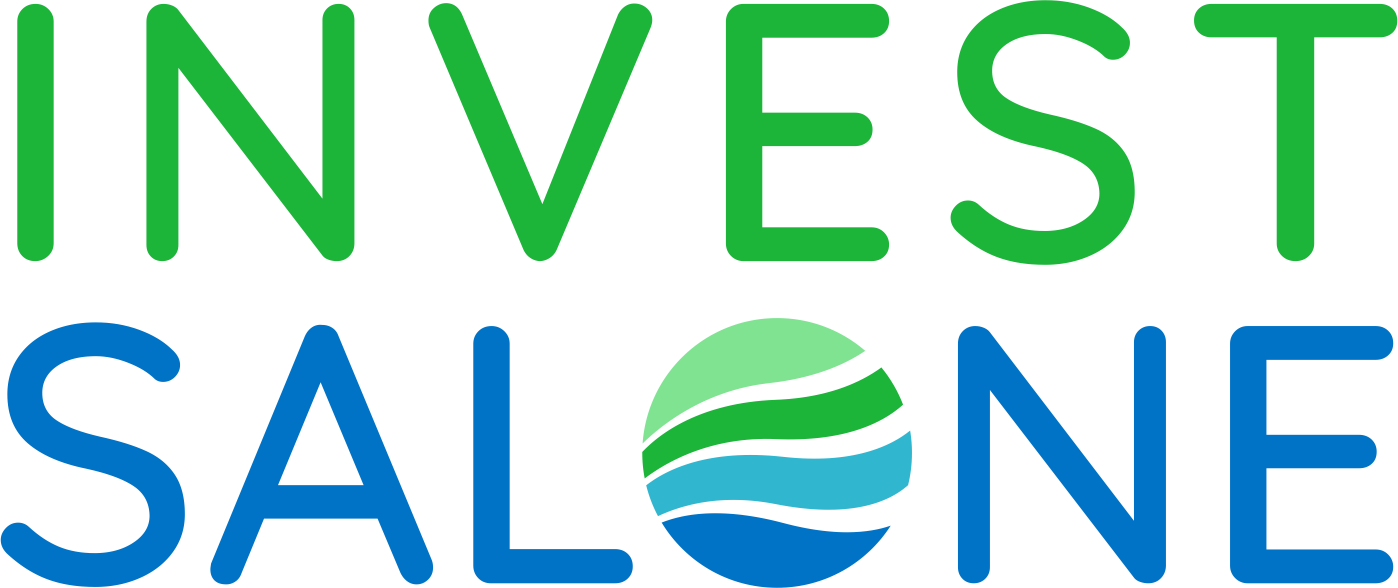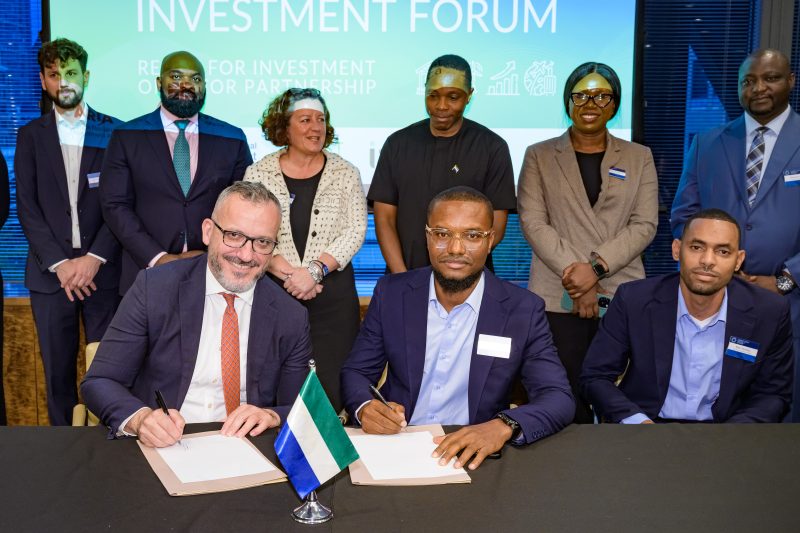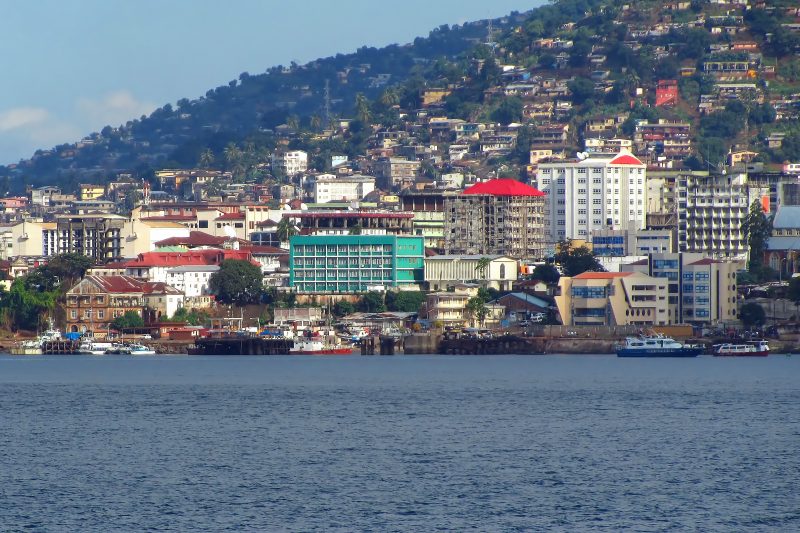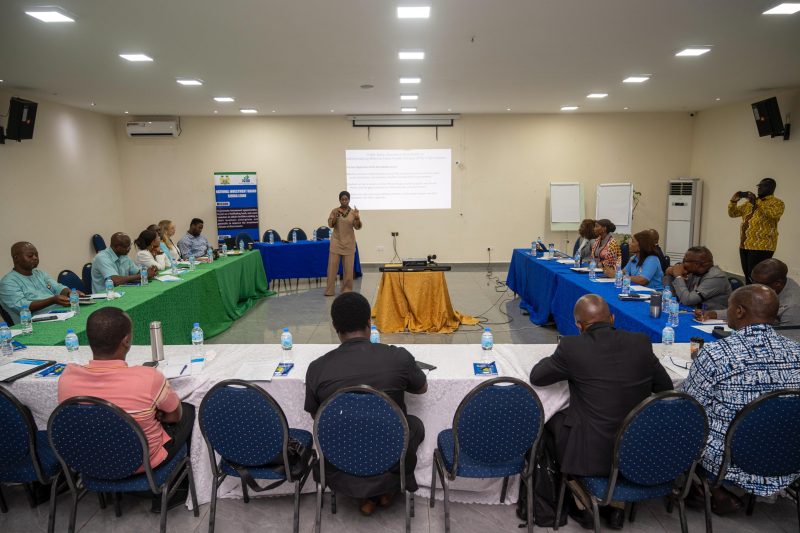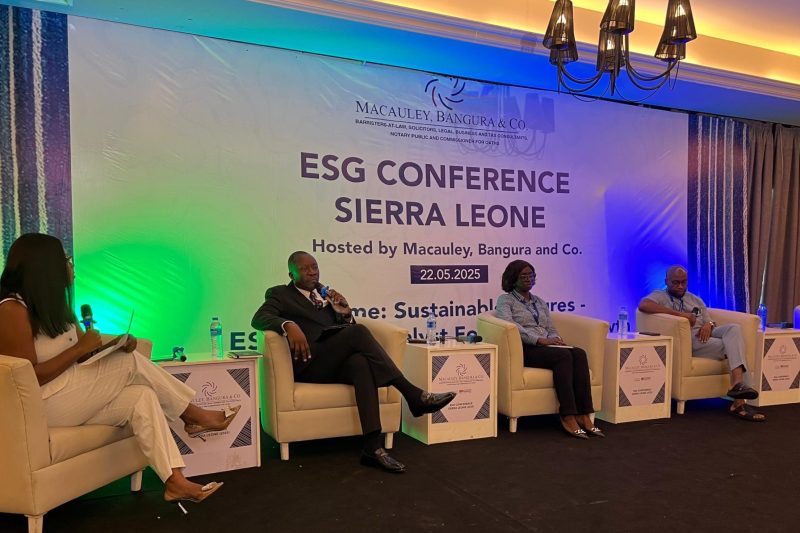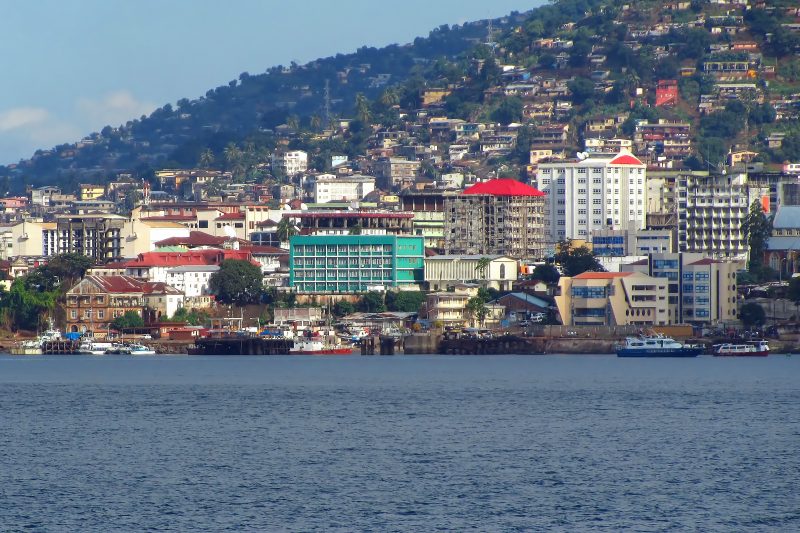A recent high-level gathering of representatives from government, finance, civil society and women-led enterprises has committed to greater financial inclusion in Sierra Leone, pledging structural reforms, financial product innovation and continued engagement with women as co-creators.
The roundtable event took place in Freetown on 12 June and was led by the Ministry of Gender and Children’s Affairs (MoGCA), in partnership with the Bank of Sierra Leone (BSL) and facilitated by Invest Salone (ISL). The diverse array of topics discussed ranged from financial literacy programmes through to mobile banking solutions to help overcome women’s financial barriers.
The financial landscape in Sierra Leone
Access to finance is crucial for women’s empowerment and their ability to start or expand businesses, invest in education and ultimately improve their livelihoods. Having access to financial accounts is one important measure, be it traditional bank accounts, community microfinance institutions (MFIs) or mobile money accounts like Africell.
In recent years, the Government of Sierra Leone (GoSL) has recognised the need to address gender disparities in financial access, introducing legislation and initiatives including The Gender Equality and Women’s Empowerment Act (GEWE) 2022. However, there are practical challenges in translating these laws and policies into actionable and impactful change and women in the country still experience high levels of gender discrimination.
A human rights issue
To engender further discussion and to formulate solutions, MoGCA and BSL initiated a roundtable event, gathering over 50 stakeholders including government agencies, commercial banks, insurance companies, fintech providers, women-led enterprises, development partners and civil society.
Opening remarks were delivered by Charles Vandi (Deputy Chief Director, MoGCA), followed by a keynote address from Hon. Dr. Isata Mahoi, MoGCA. The Minister framed women’s financial inclusion as a human rights issue, an economic necessity and a catalyst for national growth.
Barriers and initiatives
ISL, a UK-funded private sector development programme, highlighted findings from its financial inclusion study, which revealed that only 25% of women in Sierra Leone have access to formal financial services. Barriers identified included high collateral requirements, low financial literacy, digital exclusion, and a poor fit between financial products and the market’s needs.
A presentation from Mr Philip Bangura of BSL showcased ongoing initiatives to tackle these issues, such as: a collateral registry that accepts movable assets; new digital banking frameworks (including instant payment through the national switch); and consumer protection protocols. He also noted the proposed introduction of non-interest (Islamic) banking to increase accessibility.
Bridging the trust deficit
Interactive Q&A and breakout sessions revealed a significant ‘trust deficit’ as a key theme. Women often favour informal financial systems like Osusu because they are convenient, flexible and built on relational trust. By contrast, some women feel alienated by formal banks. A representative from Civic Hub noted that women report feeling ‘humiliated’ by poor customer service and a lack of dignity, which discourages them from leaving their trusted informal groups.
Discussions highlighted that the issue is not a lack of interest from women, but that financial products are often designed in boardrooms without consulting the end-users, such as women selling charcoal or fish in local markets. As one participant asked, ‘Who should adapt? Is it the women who must fit into the banking model? Or should banks adapt their products and processes to better serve women?’.
The promise of technology and tailored solutions
Breakout groups focused on technology-driven access and improving financial literacy. There was broad agreement on the potential for fintech and mobile money to reach women in the informal sector. Joseph Tengbeh from Orange Money explained that women using mobile money have a clear financial footprint that should be considered for credit assessments.
However, challenges such as low smartphone affordability and digital literacy persist. Recommendations included designing simplified banking apps with Krio voice prompts and using accessible platforms like TikTok, Facebook and even ring-back tones to share financial information.
Commitments for a more inclusive future
The roundtable concluded with a series of commitments from key stakeholders. The Bank of Sierra Leone pledged to:
- Refine its consumer protection strategy and improve credit data systems
- Consider mobile money records as part of credit scoring
- Collect and share sex-disaggregated data on loan application and approval to better inform policy
- Invite fintech startups to test new products in its Regulatory Sandbox
For its part, the Ministry of Gender and Children’s Affairs committed to advancing regulatory reform proposals and promoting national awareness campaigns on financial rights. The Ministry will also facilitate follow-up actions, with a particular focus on piloting solutions with MFIs and fintechs to translate dialogue into tangible action.
The event demonstrated a collective willingness to drive change; however, achieving full financial inclusion for women will require sustained structural reform, innovative product design and a continued commitment to engaging women as active partners in creating the financial ecosystem of the future.
